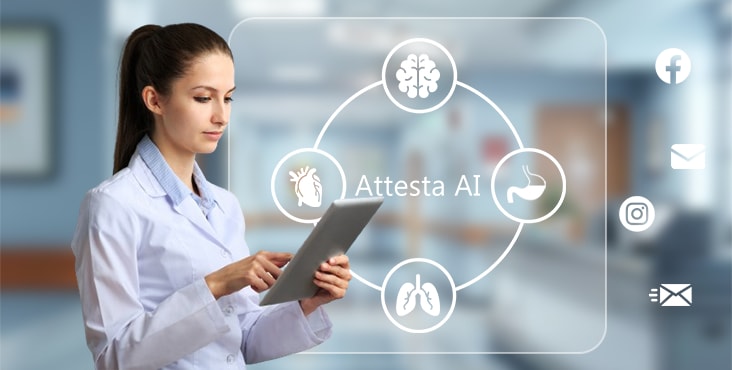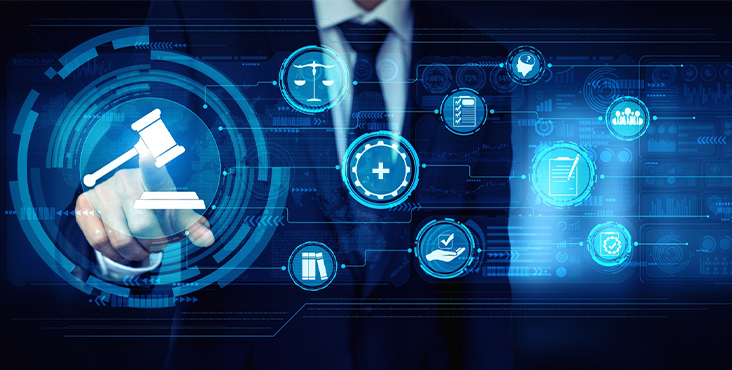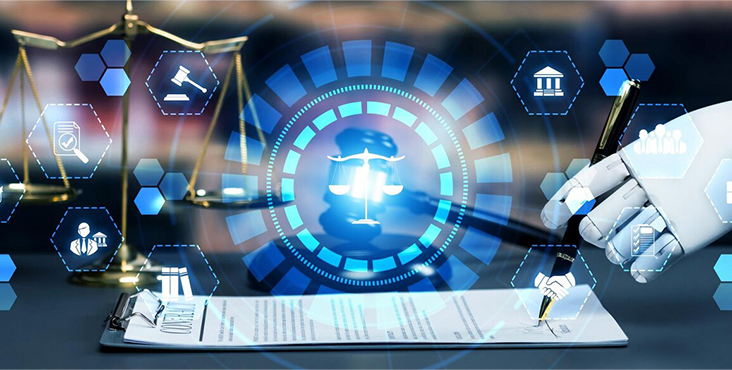
Chaos to Comprehension: Gaining Actionable Knowledge from Medical Records
Medical records often play a pivotal role in the high-stakes world of legal battles, and the transition from the ability to gain actionable knowledge from medical records has become a crucial battlefield for law firms. As legal professionals navigate through the labyrinth of healthcare data in pursuit of justice and compensation for their clients, the ability to efficiently decode and utilize medical records can often mean the difference between victory and defeat. Let's explore how the latest technological advancements are revolutionizing the way legal firms handle medical records, turning them from cumbersome paperwork into powerful pieces of evidence.
The Digitalization Imperative
First and foremost, the shift towards digitalization of medical records has largely been bypassed for medical-legal matters. Most legal professionals continue to receive PDF records, frequently printed, scanned, reprinted, etc. Typically delivered unorganized and often incomplete, help is needed to make sense of what's been provided and critically, what's missing.
Basically then, it's up to the law firm or insurer to organize records and make sense of what's in the file. Now, with the power of AI and Natural Language Processing, medical records can efficiently be organized, summarized and hyperlinked to the source PDF provided. With embedded analytics the user can quickly find critical information with instant reference to the context found in source documents.
Navigating the Data Maze with AI
Enter Artificial Intelligence (AI) and Big Data analytics, the twin engines powering the new era of legal research and evidence gathering. AI technologies, equipped with Natural Language Processing (NLP), can sift through thousands of pages of medical records in minutes, identifying relevant information, flagging inconsistencies, and even uncovering patterns that might go unnoticed by the human eye. This capability not only accelerates the preparation of legal cases but also enhances the precision with which attorneys can argue their points, backed by solid, data-driven evidence.




